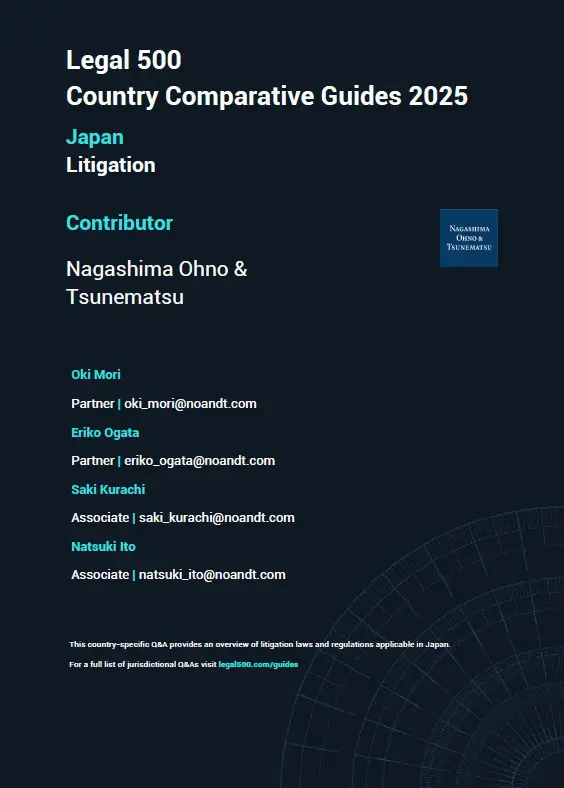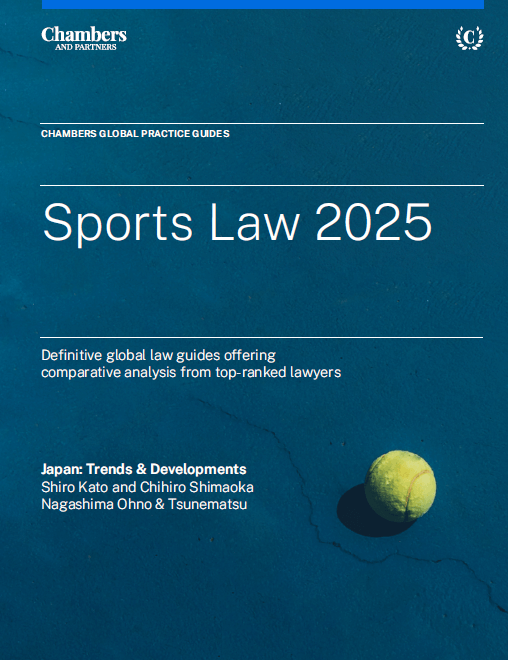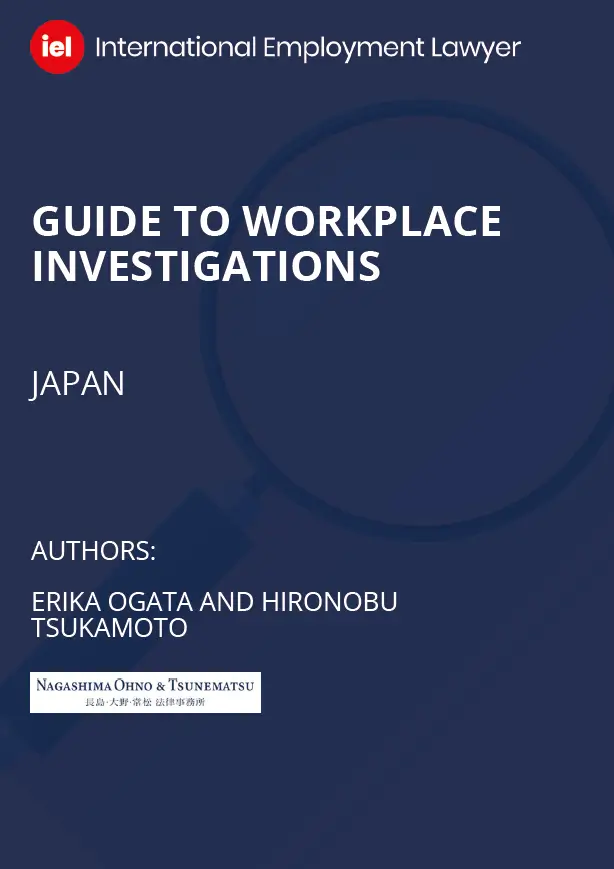
NO&T Asia Legal Review
As a follow-up to the insurance requirements for short-term foreign workers in Indonesia, the Ministry of Manpower of the Republic of Indonesia (“MOM”) through the Director General of Manpower Placement and Expansion of Employment Opportunities issued Decree No. 3/144/PK.04/V/2022 on the Implementation of Insurance Program for Foreign Workers Working Less Than Six Months (“Decree No. 3”).
Prior to the issuance of Decree No. 3, the requirement of the insurance program for short-term foreign workers in Indonesia has been regulated under Government Regulation No. 34 of 2021 on Employment of Foreign Workers (“GR No. 34”). Under Article 8 of GR No. 34, employers that hire foreign workers (Tenaga Kerja Asing or “TKA”) to work in Indonesia for less than six months are required to register their TKA in the insurance program that at least guarantees protection for work accidents. Subsequently, MOM enacted Decree No. 146 of 2021 on Insurance Program for Foreign Workers Working Less Than Six Months, which extended the insurance program’s coverage to include guarantees for health and death. Also, MOM mandated the implementation of insurance programs to be further regulated under Director General of Manpower Placement and Expansion of Employment Opportunities decree, which is now known as Decree No.3.
Decree No. 3 provides more clarity on the criteria and obligations of the insurance company, participation data of the TKA and the insurance premium amount.
Under Decree No. 3, the employers must provide TKA employed for less than six months with the insurance program that includes guarantees on work accidents, health, and death. The insurance company where the employers enroll their TKA must be licensed by the Financial Services Authority (Otoritas Jasa Keuangan). The insurance company organizing and managing this program shall also provide participation data in the system connected and integrated with the TKA online system at the Directorate of Foreign Workers Utilization Control of MOM. Decree No. 3 requires the implementation of the insurance program for short-term TKA to be evaluated every six months or anytime as necessary.
The Appendix of Decree No. 3 regulates the premium amount to be paid for the insurance program, which depends on the coverage period: (i) IDR 762,000 for one month; (ii) IDR 1,715,000 for three months and (iii) IDR 2,477,000 for six months. However, it is unclear whether the TKA or employer shall be responsible to pay the insurance premium.
The insurance coverage is limited to a maximum of IDR 200,000,000 for death and permanent disability due to work accident, with an additional maximum of IDR 25,000,000 to return the deceased’s body to the country of origin.
In order to support the implementation of Decree No. 3, the government of the Republic of Indonesia has established Astaka (https://astaka.id/), an online platform that facilitates the insurance program for TKA in Indonesia who work in less than six months. Through Astaka, the employer will be able to process the registration and issuance of insurance policies, claim, refund, activation of policies and any other related matters online.
Furthermore, starting from 1 September 2022, the employers of short-term TKA who have not yet applied for the Foreign Workers Utilization Plan (Rencana Penggunaan Tenaga Kerja Asing or “RPTKA”), will be required to submit an Electronic Policy Certificate from Astaka with every new application to RPTKA. As for the employers with existing RPTKA, Article 39(1)(b) of GR No. 34 provides that if such employers fail to register their TKA in an insurance program, they may be subject to administrative sanction in the form of temporary suspension of RPTKA.
Employers in Indonesia hiring short term TKA must take note of the above requirements and complete the necessary formalities in a timely manner.
This newsletter is given as general information for reference purposes only and therefore does not constitute our firm’s legal advice. Any opinion stated in this newsletter is a personal view of the author(s) and not our firm’s official view. For any specific matter or legal issue, please do not rely on this newsletter but make sure to consult a legal adviser. We would be delighted to answer your questions, if any.


Shejal Verma


(July 2025)
Oki Mori, Eriko Ogata, Saki Kurachi, Natsuki Ito (Co-author)


Patricia O. Ko


(April 2025)
Shiro Kato, Chihiro Shimaoka (Co-author)


Shejal Verma


Patricia O. Ko


(April 2025)
Shiro Kato, Chihiro Shimaoka (Co-author)


(January 2025)
Hironobu Tsukamoto, Eriko Ogata (Co-author)


Supasit Boonsanong, Thananya Pholchaniko, Phareeya Yongpanich (Co-author)


Patricia O. Ko


Claire Chong, Nozomi Kato (Co-author)


Yuan Yao Lee


Supasit Boonsanong, Thananya Pholchaniko, Phareeya Yongpanich (Co-author)


Patricia O. Ko


Claire Chong, Nozomi Kato (Co-author)


Yuan Yao Lee


Ichsan Montang, Valencia Wijaya (Co-author)


Ario Putra Pamungkas


Yoichi Maekawa


Anastasia Jessica Maureen